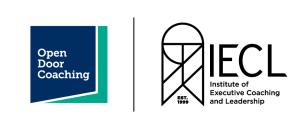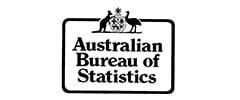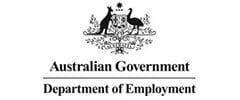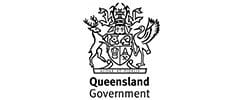Developing a coaching mindset is a key outcome of all coaching programs. We want people to walk out of coach training program having developed a coaching mindset. Or least being open to a coaching mindset and on their way. Interestingly, it’s not something that is a given. Nor can we take coaching mindset for granted. In addition, we are not sure that a coaching mindset fully understood, hence Natalie including it as part of her Doctorate studies.
Therefore, building on our theme of exploring the ‘ICF Core Competencies’, this week in the Coaching Café we discuss ‘Core Competency #3 Embodies a Coaching Mindset’. And let us say, firstly, that we are delighted this has been included specifically as competency, for the reasons stated above.
Listen to the Coaching Cafe podcasts
Skill requirements for Embodies a Coaching Mindset
The ICF minimum skill requirements states:
Competency 2: Embodies a Coaching Mindset serves as a foundational competency for coach practitioners, focused primarily on the “being” of the coach. The related behaviours are typically demonstrated across a coach’s practice, more so than in any specific coaching session.
This competency area is therefore more difficult to consistently assess within the performance evaluation process.
As a result, there are no behavioural or skill statements in this Competency area that are used for assessment purposes. Rather, an applicant’s knowledge of and ability to apply Competency 2: Embodies a Coaching Mindset is more directly evaluated in the ICF Credentialing written exam.
Interestingly, in our opinion, we don’t think it is hard to assess. Over the years, listening to hundreds of recordings, we think you can hear whether a coaching is ‘being’ a coach. But let’s dig further into the definition and elements to see why we suggest that.
Defining embodies a coaching mindset
ICF defines Embodies a Coaching Mindset in the following way:
(The Coach) Develops and maintains a mindset that is open, curious, flexible and client-centered.
- Acknowledges that clients are responsible for their own choices
- Engages in ongoing learning and development as a coach
- Develops an ongoing reflective practice to enhance one’s coaching
- Remains aware of and open to the influence of context and culture on self and others
- Uses awareness of self and one’s intuition to benefit clients
- Develops and maintains the ability to regulate one’s emotions
- Mentally and emotionally prepares for sessions
- Seeks help from outside sources when necessary
As mentioned, in our opinion, you can hear that a coach is ‘being a coach’. For example, the coaching session is about the client, not about them. They are aware of context and how they are ‘showing up’. Furthermore, they coach when they are in the right headspace – mentally and emotionally. In addition, are not afraid to reschedule if the headspace is not quiet right.
If you are a regular, you know the vibe and the great contribution that you make to our discussions. In addition, by participating in the Coaching Café you are practicing elements 2 and 3 above. This is a time to engage as part of our ongoing learning and development. And we are ‘being’ coaches when we engage in reflective practice. In addition, when we seek help, for example mentoring and supervision.
With this is mind, we want to acknowledge you for showing up to the Coaching Cafes. For engaging in our blogs and podcasts. This is a how we demonstrate a coaching mindset as a community.
Enjoy your coaching.
FREE Coaching Cafe Webinar
Every week our team of experts present “Coaching Cafe” webinar with topics for Managers, Leaders, Business Owners, and everyone who wants to be a better workplace coach, leading their teams to higher productivity, better outcomes and a happier, healthier workplace.






































